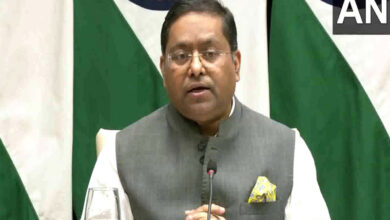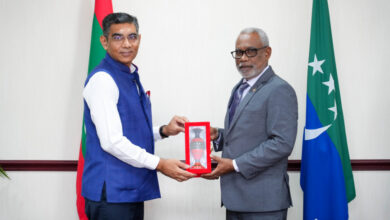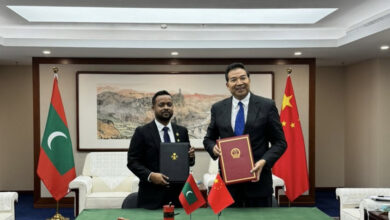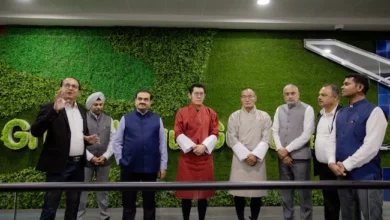‘I found lobby for peace far larger in Pakistan than in India’
I have never really understood why Indian diplomacy has only rarely and fitfully considered mining this treasure trove of goodwill to promote good relations. While we are sure-footed in Paraguay, we stumble in neighbouring Pakistan!
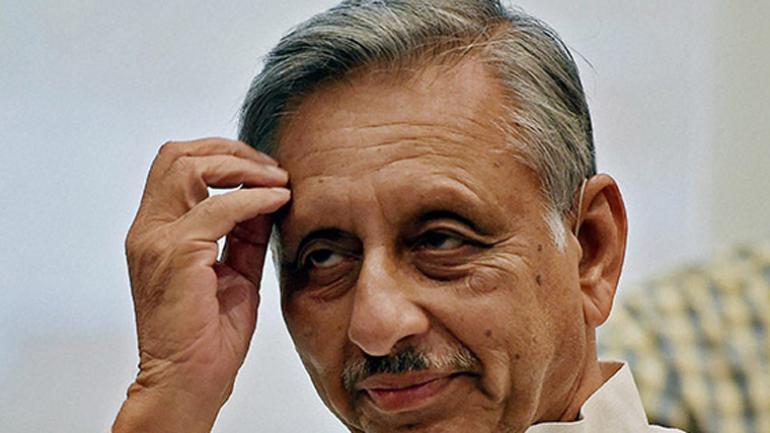
Story by Mani Shankar Aiyar
One of the most important lessons I learnt in Pakistan was that Indian hostility, or even the apprehension of such hostility, is what unites Pakistanis behind their government, military or civilian. So, any belief on our part that the frequently expressed disillusionment of Pakistanis with their leaders and their future reflects an underlying instability that will bring the country down is woefully mistaken.
Pakistan is an ineradicable reality and Pakistanis of every hue will fight to retain their ‘New Medina’. Equally, as I wrote in my farewell dispatch from Karachi, the general populace will respond with the greatest outpouring of generosity to a ‘blitzkrieg of goodwill’ from our side. Pakistan is not going away; we can huff and we can puff but that’s not going to blow the house down.
But over four decades of plugging this line, I have found no takers for this view in India. It was dismissed by one of our best foreign secretaries, Mani Dixit, as a ‘Pollyanna’ view of Pakistan. I have had to reluctantly conclude that the lobby for peace is far larger in Pakistan than it is in India.
Across a wide spectrum of Karachi opinion I found a clear willingness, indeed an ardent desire, to see differences with India settled. I searched for tell-tale signs from business barons to barbers and bootblacks; from society ladies in expensive chiffons and ‘suited-booted’ boxwallahs to butlers and domestic servants; from politicians who had held high office to purveyors of news and comment; from intellectuals to poets and writers; from artists of different genres; from street vendors to shopkeepers; from English-speaking pukka sahibs to die-hard Islamic nationalists; from the religious minorities, ranging through rich ones like the Parsis and Hindu millionaires, as well as, of course, the poor Hindu haaris (sharecroppers) of Sindhi wadehras to a number of teachers in Karachi’s reputed private schools and government schools; and from the sophisticates of Karachi to those who thronged the Indian visa area. All of them wanted peace; none was a warmonger, not even the ‘Islam-pasand ’. Bhutto’s 1965 call for ‘a thousand years’ war’ with India had no takers. And later, no one wanted 1971 repeated in rump Pakistan.
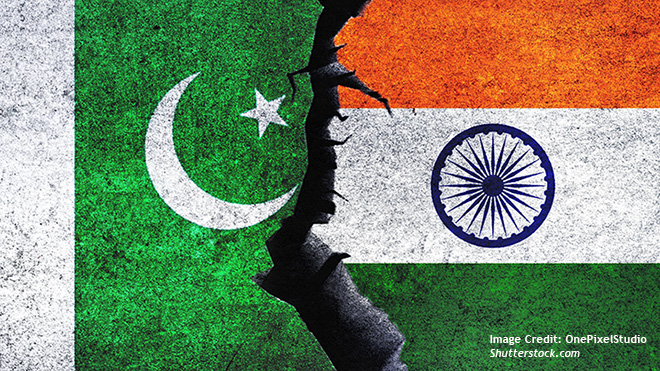
Most of our diplomats and foreign secretaries, foreign ministers and prime ministers appear to regard Pakistani public opinion as irrelevant. Most seem ready to scratch at the scabs that have formed over old wounds and ignore the alternative of cultivating good relations with ordinary Pakistanis. Indeed, it is the ordinary Pakistani who is hit when we want to pummel the Pakistan establishment for its many excesses.The common or garden Pakistani not only speaks the same language as us, and shares much of the same tehzeeb (culture), they love Bollywood and its music and laugh at the same jokes and befriend us everywhere outside the subcontinent. Almost everyone who has served in Pakistan acknowledges their personal goodwill towards Indians.
Yet, we take it out on ordinary Pakistanis when we want to punish their government. Why refuse visas to Pakistanis when we want to reprimand their rulers? Do we really believe all Pakistanis are jihadis bent on wreaking havoc on our people? Why stop the Samjhauta Express when we wish to retaliate for some act of terror that has nothing to do with 99.99% of the Pakistani population? Do we really think the Hurriyat will give up their call for azadi (freedom) if we stop Pakistanis meeting their relatives in India?
Does this not amount to punishing Indian minorities for having passed the ‘loyalty test’ to India when they did not migrate to Pakistan, as it is their relatives who are the principal visa seekers?
Should we really stop cricket matches with Pakistan for fear of someone raising a Pakistani flag or cheering a Pakistani six? Is banning a Pakistani poet from attending an Indian mushaira worthy of a self-confident state? Why make it such a hassle to hold informal, non-official Track-II meetings? That Pakistan does the same is no argument. Why race with them to the bottom?
That is why I am flattered by this portrait of my days in Karachi from Ambassador TCA Raghavan from his highly readable account of the socio-cultural dimensions of our political and military history of the last seven decades.
“Mani Shankar Aiyar was the first CG in Karachi from 1978 to 1981. At a time when public diplomacy was not a term used as frequently as it is now, he personified it in many ways. He was articulate, charming, considerate of Pakistani sentiments and indulgent, to a fault his detractors say. His tenure as consul general has acquired for many Pakistanis a larger-than-life character as he attempted to meet the pent-up demand for visas from the vast mohajir community. He did so with consideration and good humour that is recalled with warmth.
No greater testimony to his functioning can be provided than by the fact that even some three-and-a-half decades later any Indian diplomat visiting Karachi from Islamabad will first be asked about MS Aiyar and then be regaled with stories about him.”
My disappointment is with the fact that the MEA regarded such ‘public diplomacy’ as an end in itself and failed over four decades to relate it to foreign policy.
Excerpted with permission from Memoirs of a Maverick: The First Fifty Years (published by Juggernaut Books)

